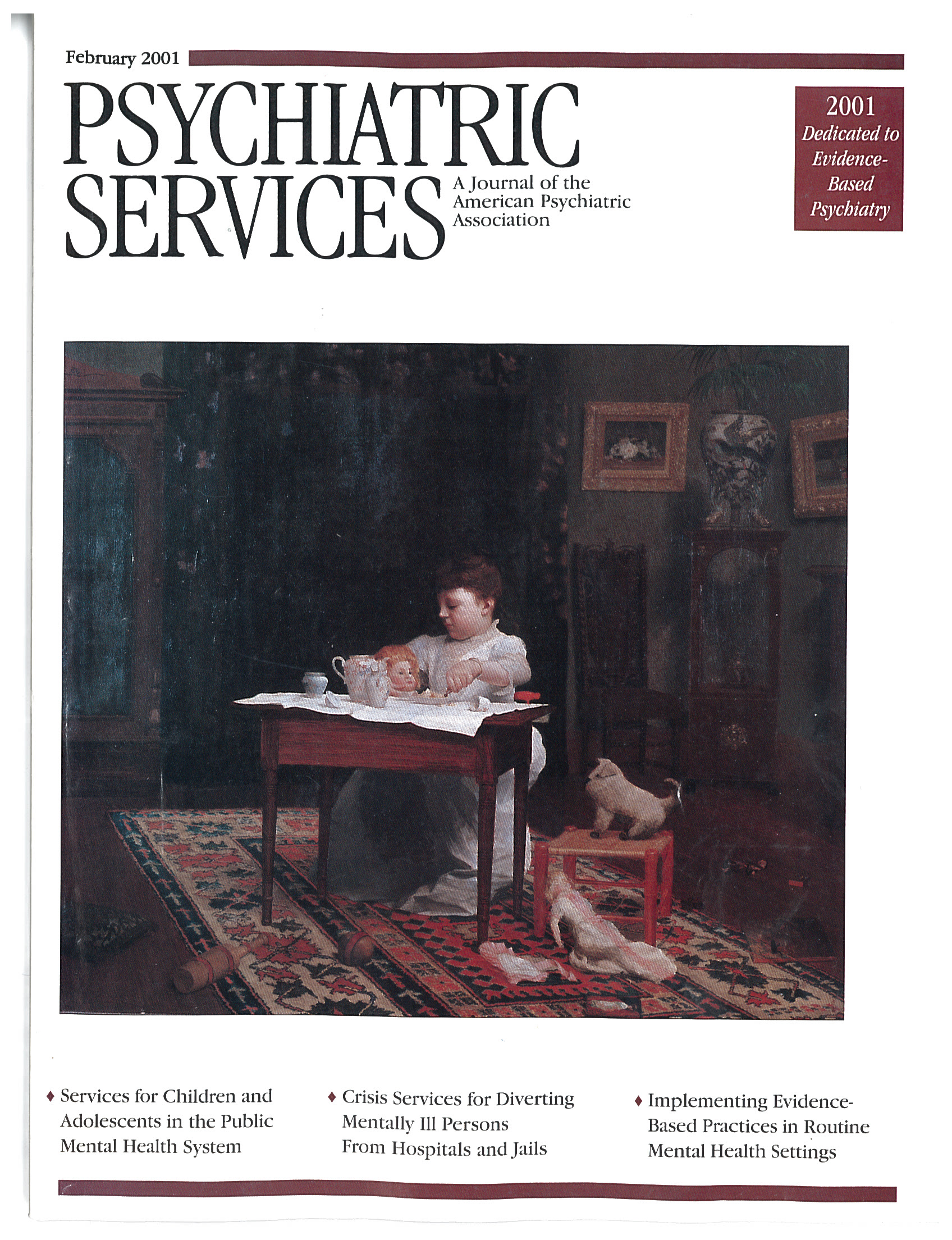A movement is under way to equate utilization review with medical practice, thereby subjecting physician reviewers to the scrutiny of state licensing boards. Recent court decisions have held medical directors of insurance companies liable for coverage decisions. Many states now have laws or rules requiring state licensure of all medical directors regardless of where they or their health plan are based. Unlicensed medical directors literally risk practicing medicine without a license.
However, it is not practical to apply for a medical license in all states, as would be required of physicians working for national managed care organizations. And most states still make a legal distinction between utilization review and the practice of medicine. In Louisiana, for example, the practice of medicine is defined in the Professions and Occupations Code as "being engaged in the business of, or the actual engagement in diagnosing, treating, curing, or relieving of any bodily or mental disease." According to the federal Utilization Review Act, utilization review is a process for determining "necessity and appropriateness in the allocation of health care resources and services." Yet Louisiana is one of numerous states in which medical boards have sought and won jurisdiction over medical directors of insurance companies.
Arizona actually disciplined a medical director. The Arizona board issued a "letter of concern" to a Blue Cross-Blue Shield medical director for making a treatment denial that could have harmed the patient. The state supreme court let stand a lower court's ruling that the medical board did indeed have such authority.
Amid the managed care backlash, there seems to be an attitude that physicians who conduct insurance reviews should be punished, except when treatment is certified. Medical directors seek impunity, claiming that they are advisers to the insurance company or that they are simply interpreting member benefits. However, it is not always possible to distinguish between coverage and necessity decisions.
Medical directors should be accountable for decisions that affect the welfare of patients. Licensing boards, however, do not guarantee accountability, and licensing sanctions should be a last resort. More reasonable first steps are measuring reliability between physician reviewers, adhering to the American Psychiatric Association's Guidelines of Practice for Managed Care Reviewers, and referring care denials to independent review organizations.
Better yet, instead of a witch hunt focused on medical directors, let's work together and create methods of managing care that are less draconian than utilization review. (Editor's note: See Economic Grand Rounds, page 169.) Some managed care organizations are already there.

